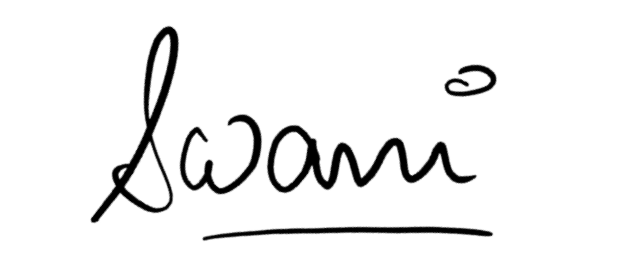Here's a lovely post by Roger Dooley :
While the term “infovore” has been kicking around for a while as a cute name for a consumer of information, the University of Southern California’s Irving Biederman is using the term to describe humans exhibiting a more specific kind of behavior: an innate desire for information and learning.
Infovore Marketing
What can marketers derive from Biederman’s research? Perhaps the most important finding is that people experience a neurochemical reward when they acquire new information. That “information” doesn’t have to be reading War and Peace or learning the proof for a mathematical theorem - it could be as simple as seeing a new, unfamiliar picture. So, while conventional advertising wisdom suggests that repetition is an essential part of changing customer behavior, Biederman’s work shows that the brain tends to tune out familiar images in favor of novel ones. Hence, advertisers must strike a balance between repeating their message but also providing novel information to trigger the reward circuits in the brain.
 One successful ad campaign that springs to mind as an excellent example of “infovore marketing” is Absolut’s long running print campaign of bottle-shaped images. Long before neuromarketing was conceived, Absolut’s ad people came up with a campaign that provided intriguing, novel images that incorporated the shape of the Absolut bottle. These highly creative images were not only novel, they often contained a bit of humor or playfully incorporated some concept that would take a bit of thought for the viewer to fully connect. From an infovore perspective, one would have to say these images were just about perfect - not only were they novel and unexpected, they frequently produced a little “aha, I get it!” reward to the viewer.
One successful ad campaign that springs to mind as an excellent example of “infovore marketing” is Absolut’s long running print campaign of bottle-shaped images. Long before neuromarketing was conceived, Absolut’s ad people came up with a campaign that provided intriguing, novel images that incorporated the shape of the Absolut bottle. These highly creative images were not only novel, they often contained a bit of humor or playfully incorporated some concept that would take a bit of thought for the viewer to fully connect. From an infovore perspective, one would have to say these images were just about perfect - not only were they novel and unexpected, they frequently produced a little “aha, I get it!” reward to the viewer.
Read more
